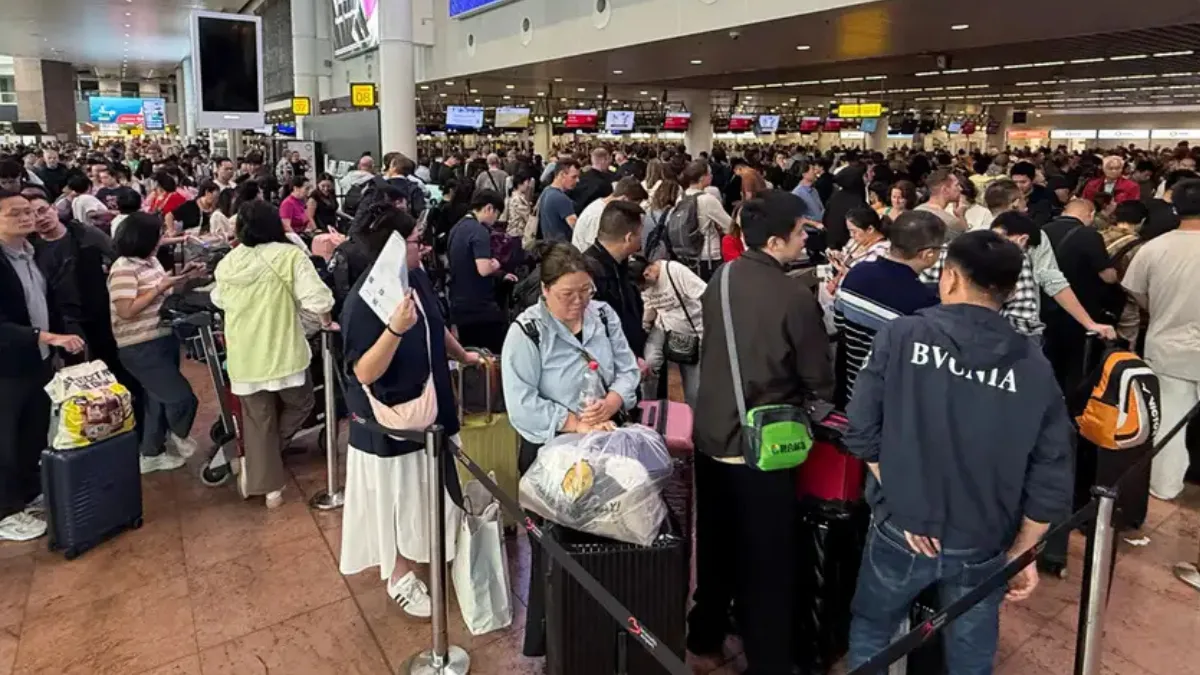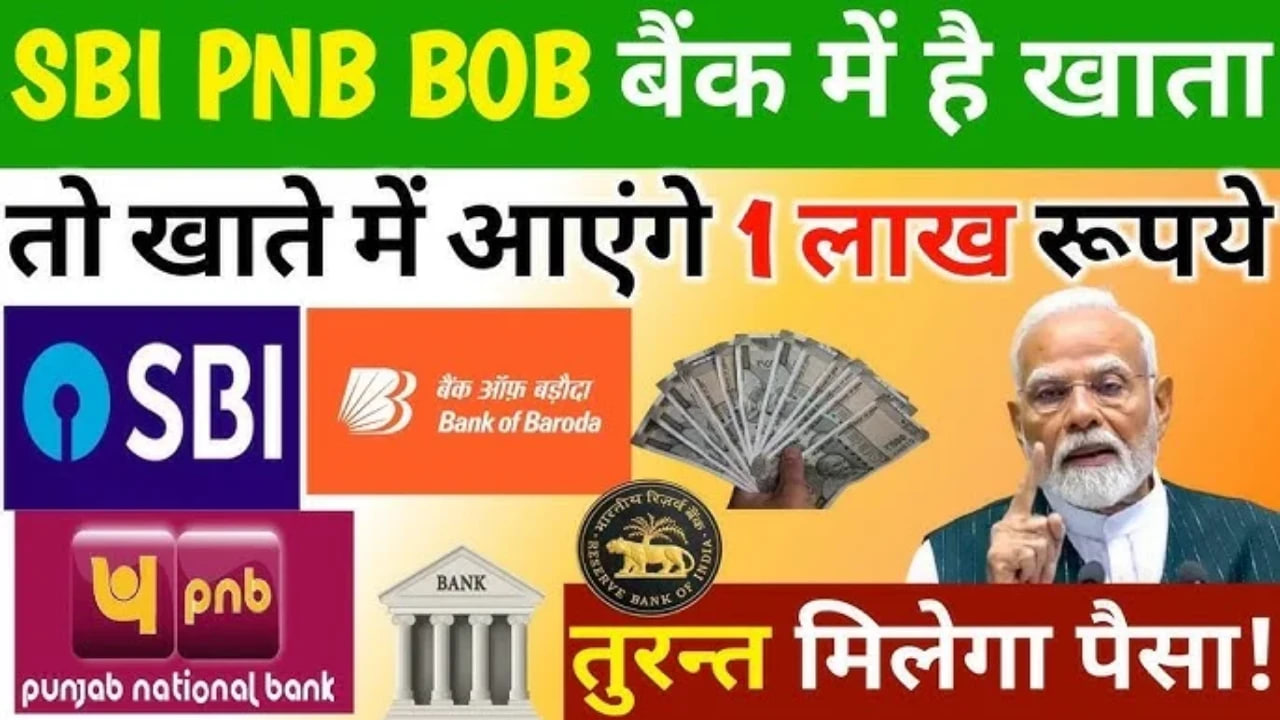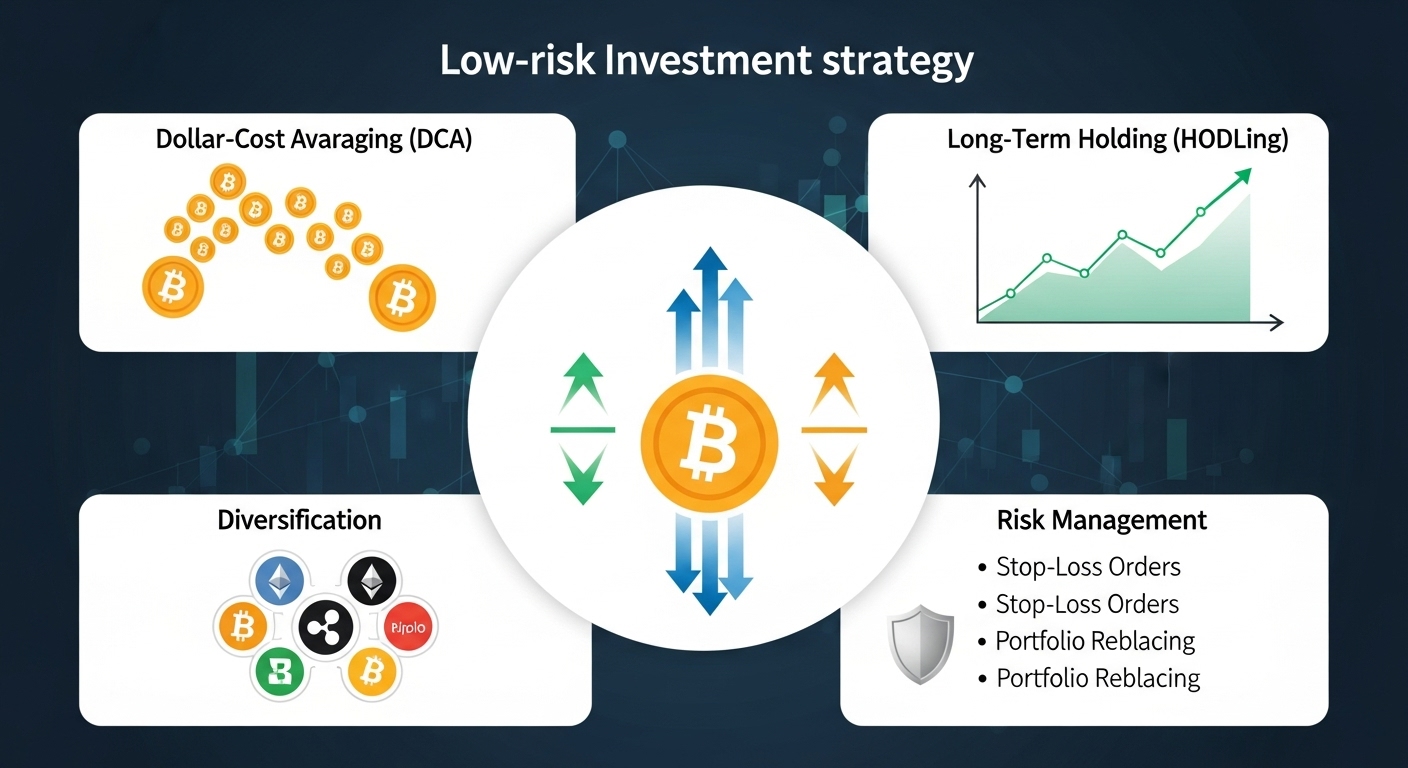Nepal has announced that it will block access to several popular social media platforms, including Facebook, after the companies failed to register with local authorities. The move is part of the government’s broader crackdown on online misuse, cybercrime, and the spread of harmful content in the country.
On Thursday, September 4, Nepal’s Ministry of Communications and Information Technology issued a directive asking the Nepal Telecommunications Authority (NTA) to deactivate all unregistered social media platforms. The government said that despite repeated requests, some major platforms had failed to comply with new rules requiring official registration.
Why Nepal Is Taking Action

Officials explained that fake accounts and unregulated online activities have become a major concern. According to the government, users with false IDs have been spreading hate speech, misinformation, and rumours that threaten social harmony. Cybercrime incidents are also on the rise, making regulation a priority.
With around 90% of Nepal’s 30 million citizens using the internet, social media has become deeply integrated into daily life. However, the unchecked spread of harmful content has pushed the government to implement stricter digital policies.
New Rules for Social Media Companies
Under the government’s directive, social media companies must:
- Register with the Ministry of Communications and Information Technology
- Appoint a local contact person in Nepal
- Name a grievance handler for complaints
- Designate a representative responsible for self-regulation
These requirements aim to ensure better accountability, faster resolution of user complaints, and stronger monitoring of harmful online activity. Companies that fail to comply risk being banned in Nepal.
Which Platforms Have Registered?
A government official confirmed to Reuters that several platforms, including TikTok, Viber, WeTalk, Nimbuzz, and Poppo Live, had already registered with authorities. However, Facebook and some of its sister platforms had not yet done so.
Meta, the parent company of Facebook, WhatsApp, and Instagram, did not immediately respond to requests for comment on Nepal’s decision.
Communications and IT Minister Prithvi Subba Gurung stated:
“We gave them enough time to register and repeatedly requested them to comply with our request.”
He emphasized that the platforms facing shutdown had been warned in advance and that the decision was taken only after they failed to meet Nepal’s requirements.
Facebook and Other Platforms at Risk
The government notice did not specify exactly which social media platforms would be blocked, but Facebook appears to be one of the main targets. If Meta does not register soon, Nepali users may lose access to Facebook, WhatsApp, and Instagram — all of which are widely used across the country.
This potential ban could significantly affect communication, especially since millions of Nepalese citizens rely on these platforms for personal and professional interactions.
Public Reaction and Concerns
The news has sparked mixed reactions among the public. Some citizens welcome the move, saying that stricter rules are necessary to reduce online harassment, scams, and hate speech. Others, however, fear that banning major platforms like Facebook could harm digital freedom and disconnect Nepal from global online communities.
Businesses and freelancers who depend on social media for marketing and communication are also concerned about the economic impact. Many small businesses in Nepal use Facebook and Instagram to reach customers both locally and internationally.
The Bigger Picture: Nepal’s Digital Policy
This development highlights Nepal’s growing efforts to regulate the digital space. While the internet has provided countless opportunities for education, business, and global connectivity, it has also created new challenges such as cybercrime and misinformation.
By enforcing registration rules, Nepal hopes to strike a balance between digital freedom and responsible usage. Authorities believe that having local representatives and grievance handlers will help ensure that social media companies remain accountable to Nepali laws.
What Happens Next?
If companies like Meta comply with Nepal’s requirements, the platforms will continue operating in the country without disruption. However, if they refuse to register, users could soon find themselves cut off from Facebook, WhatsApp, and Instagram.
The government has not specified a timeline for when unregistered platforms will be blocked, but officials suggest that the action could be implemented soon.
Key Details of Nepal’s Social Media Crackdown
| Requirement | Details |
|---|---|
| Registration Deadline | September 4, 2025 |
| Authority in Charge | Ministry of Communications & IT, Nepal |
| Regulator | Nepal Telecommunications Authority (NTA) |
| Platforms Registered | TikTok, Viber, WeTalk, Nimbuzz, Poppo Live |
| Platforms at Risk | Facebook, WhatsApp, Instagram (Meta-owned) |
| Reason for Crackdown | Fake IDs, hate speech, rumours, cybercrime |
| Internet Penetration in Nepal | ~90% of 30 million citizens |
Also read: Trump Tariff Supreme Court Showdown: A Defining Test for American Democracy
Conclusion
Nepal’s decision to block unregistered social media platforms, including Facebook, marks a significant turning point in the country’s digital policy. While the move is aimed at reducing online misuse, hate speech, and cybercrime, it also raises questions about digital freedom and access to global platforms.
As of now, platforms like TikTok and Viber have already registered, while Facebook and other Meta-owned apps remain unregistered. The coming weeks will determine whether these platforms comply with Nepal’s new rules or risk being shut down.
For Nepal, the challenge lies in finding the right balance between ensuring online safety and maintaining open access to digital platforms that connect its citizens to the world.














